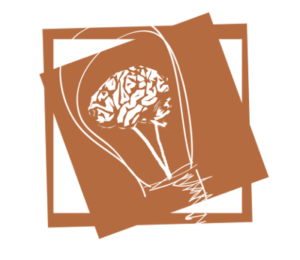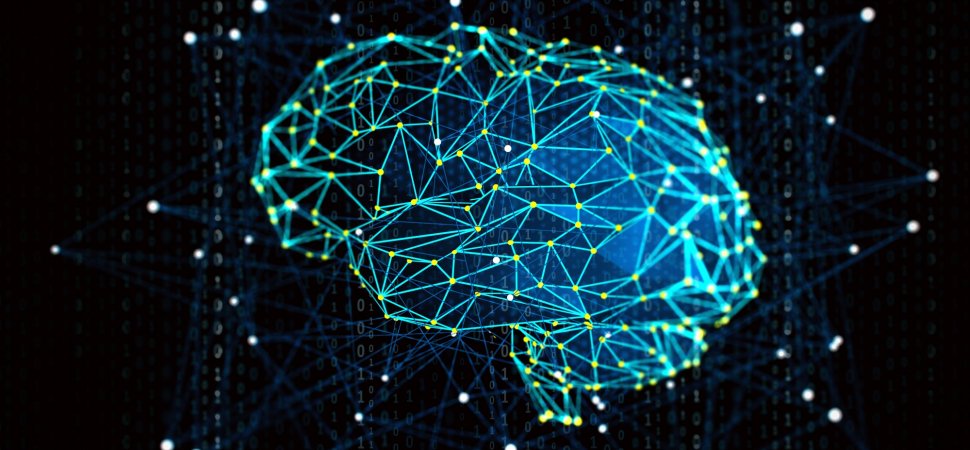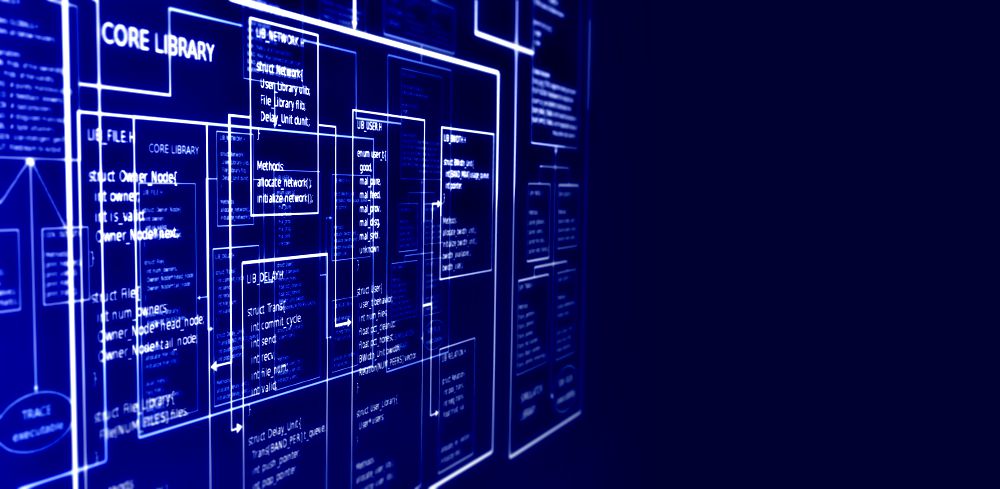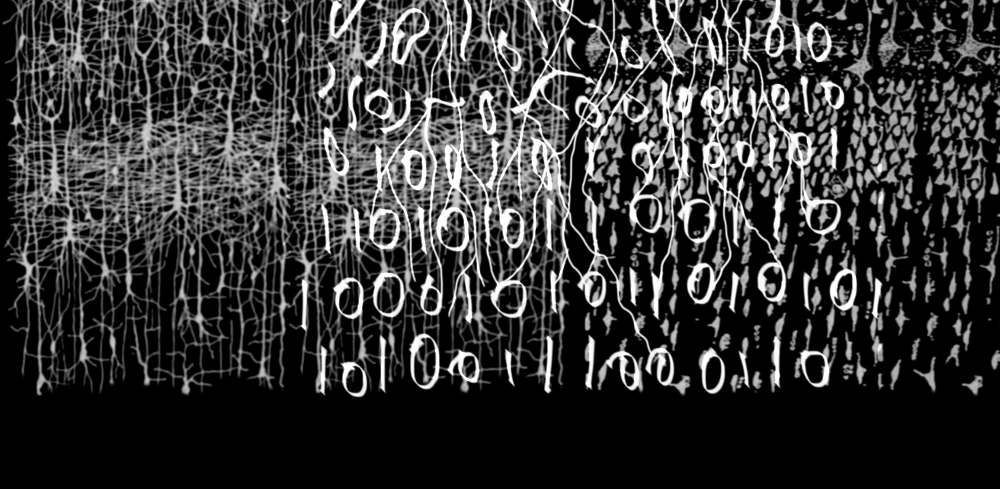The Laboratory
The NeuroComputing Lab (NCL) is a multi-disciplinary laboratory located in the Neuroscience Department of the Erasmus Medical Center, Rotterdam, with a triple mission: To build stronger theoretical understanding of the human-brain workings, to develop cutting-edge computational methods for brain exploration and to deliver novel engineering solutions inspired by modern neuroscience.
Led by dr. ir. Christos Strydis and co-led by dr. Mario Negrello, the NCL is established as the rare superset of diverse expertises from the fields of computer engineering, (computational) neuroscience and neurocomputing. Its activities cover a broad spectrum of topics including experimental and theoretical brain exploration, biophysical simulations of brain tissue, neuroscience of motor control, advanced technological solutions for accelerating brain modeling and simulation as well as novel approaches related to implantable medical devices (IMDs) with a strong focus on future implantable neuromodulators.
The NCL is also a founding lab of the cutting-edge, interdisciplinary Centre for Ultrasound and Brain Imaging at Erasmus MC (CUBE) featuring a new type of echography (functional Ultra-Sound, fUS) to visualize blood flow inside the brain. With its unique temporal and spatial properties, fUS will help neuroscientists better understand how different brain areas work together and neurosurgeons drastically improve their operational theater, for instance, via live tumor separation from healthy tissue during surgery.
We work closely with the department’s valorization company Neurasmus B.V. as well as the Erasmus MC Neurosurgery Department. We also maintain strong collaboration ties with a number of external partners including the Delft University of Technology (Netherlands), the National Technical University of Athens (Greece), the Netherlands Institute for Neuroscience, the BrainInnovations joint venture, the Chalmers University of Technology (Sweden), the Okinawa Institute for Science and Technology (Japan), the Italian Institute for Advanced Studies and the University of Pavia (Italy). Prominent industrial partners and supporters include: Dell Technologies (USA), Nvidia Corp. (USA), Xilinx Inc. (USA), Graphcore (UK) and Maxeler Technologies Inc. (UK).
NCL Research Themes
BrainFrame
This theme focuses on the creation of a novel Cloud-HPC simulation platform which combines heterogeneous accelerator technologies with an intuitive programming interface targeting technically non-savvy neuroscientists for conducting high-speed neural simulations as well as general brain experimentation. The theme currently seeks to provide a comprehensive pool of innovative technical solutions to serve neuroscientific experiments. Although concerned with a variety of efforts, the primary research objective of the theme is to develop an easy-to-use heterogeneous HPC brain-simulation framework using NeuroML as a front-end, the BrainFrame framework. In conjunction with the SiMS theme, in BrainFrame we have recently started experimenting with memristor-based artificial-brain models for their ultra-high computational and energy-efficiency potential.
CUBE
This is the first dedicated ultrasound-imaging center in the world and is a multidisciplinary ensemble of three Dutch institutions united by the singular purpose of unveiling the mysteries of the human brain via (functional) ultrasound imaging; in short, fUSI. In CUBE, we currently develop new ultrasound-probe technologies and deploy unique High-Performance Computing (HPC) techniques for imaging and data-analytics purposes. Finally, we build dedicated neuroscience labs for fundamental research as well as portable ultrasound scanners for clinical research and treatment.
Brain Dynamics
The living brain is constantly active. In most brain areas, the neurons continuously communicate across large extents. An understanding of brain function passes through an understanding of the brain dynamics that becomes behavior. The exploration of functional brain dynamics attempts to shed light on the biological processes of the brain, through more accurate modeling. This research theme is mostly concentrated on the exploration of the functional brain dynamics of the Cerebellum, one of the most densely populated areas of the brain, which is concerned with the acquisition and performance of complex motor behavior.
SiMS
The design, development and prototyping of secure, dependable and low-power neural implants is the objective of Smart implantable Medical Systems (SiMS). As early as 2005, we proposed the development of a new generation of intelligent medical implants (thus, the term ‘smart’) following a structured design approach and incorporating core properties by design, such as low-power design, high reliability, security and privacy. Very recently, we have started experimenting with new computing paradigms such as in-memory computing and new materials such as memristor-based processing. This theme’s goal is further to evangelize the need for this new breed of implants in a rapidly changing cyber-universe riddled with an ever-increasing number of threats. Along the lines, this theme also targets the treatment of several tough neurological diseases such as Tinnitus, Alzheimer’s disease, Parkinson’s disease, depression and more.














